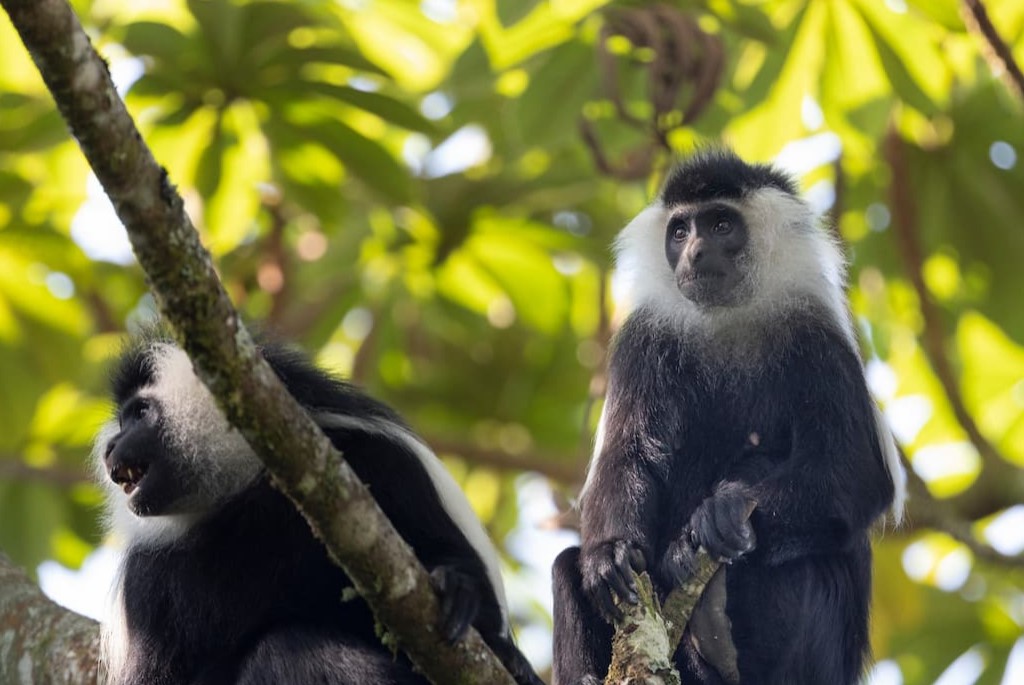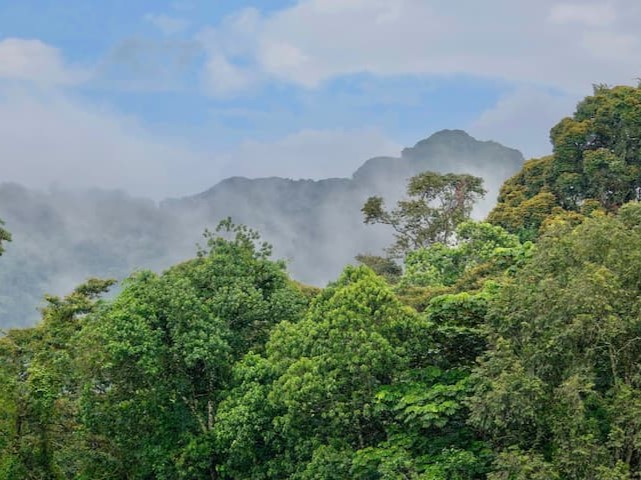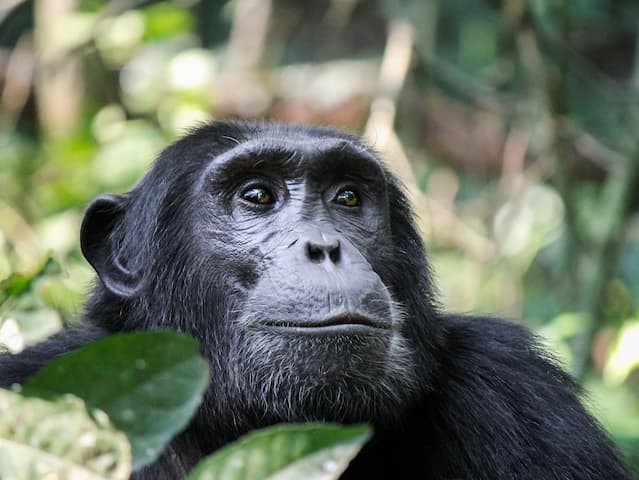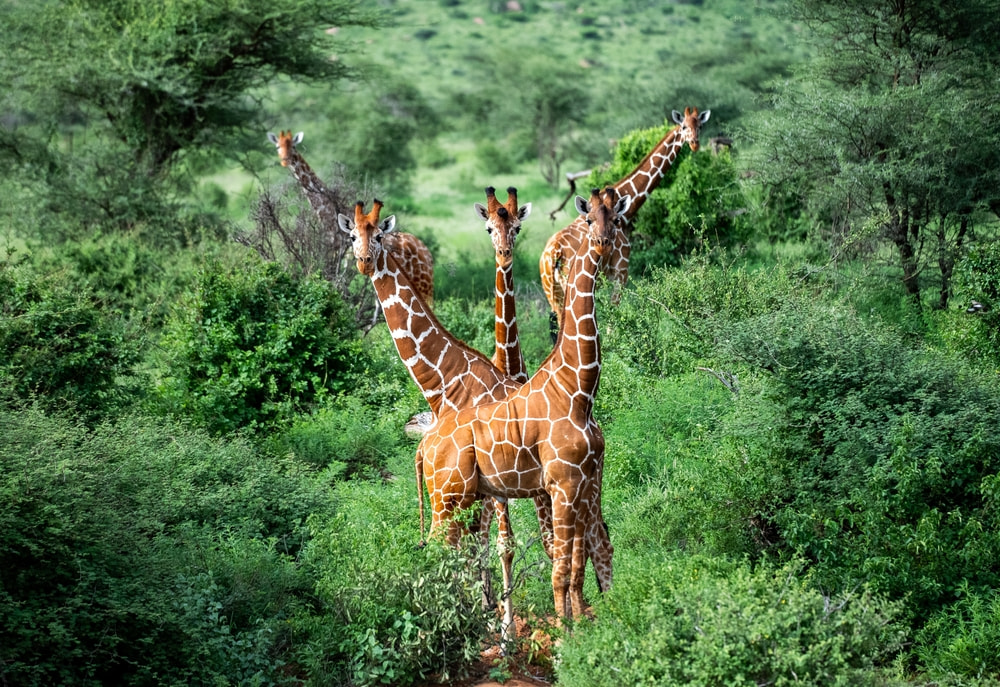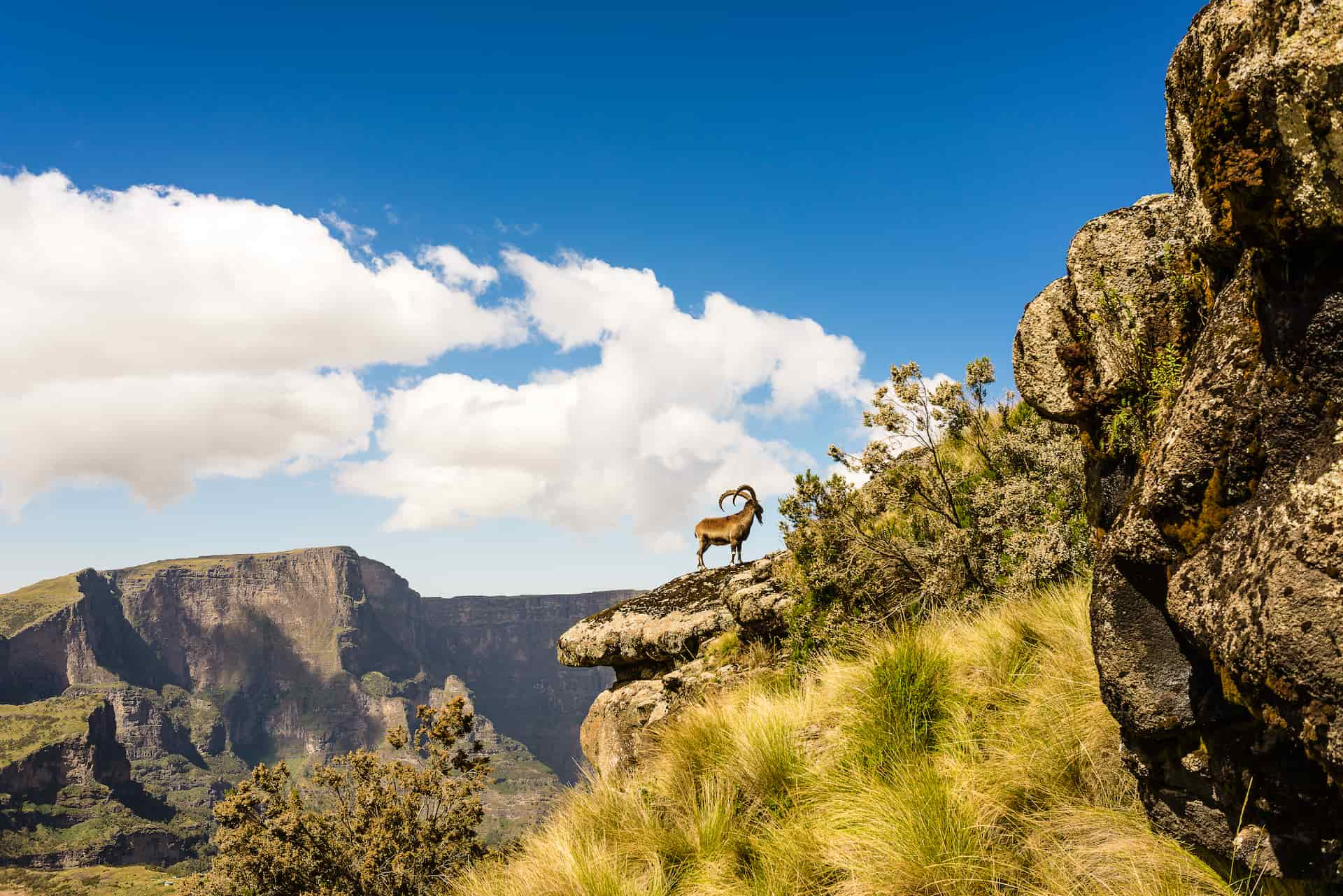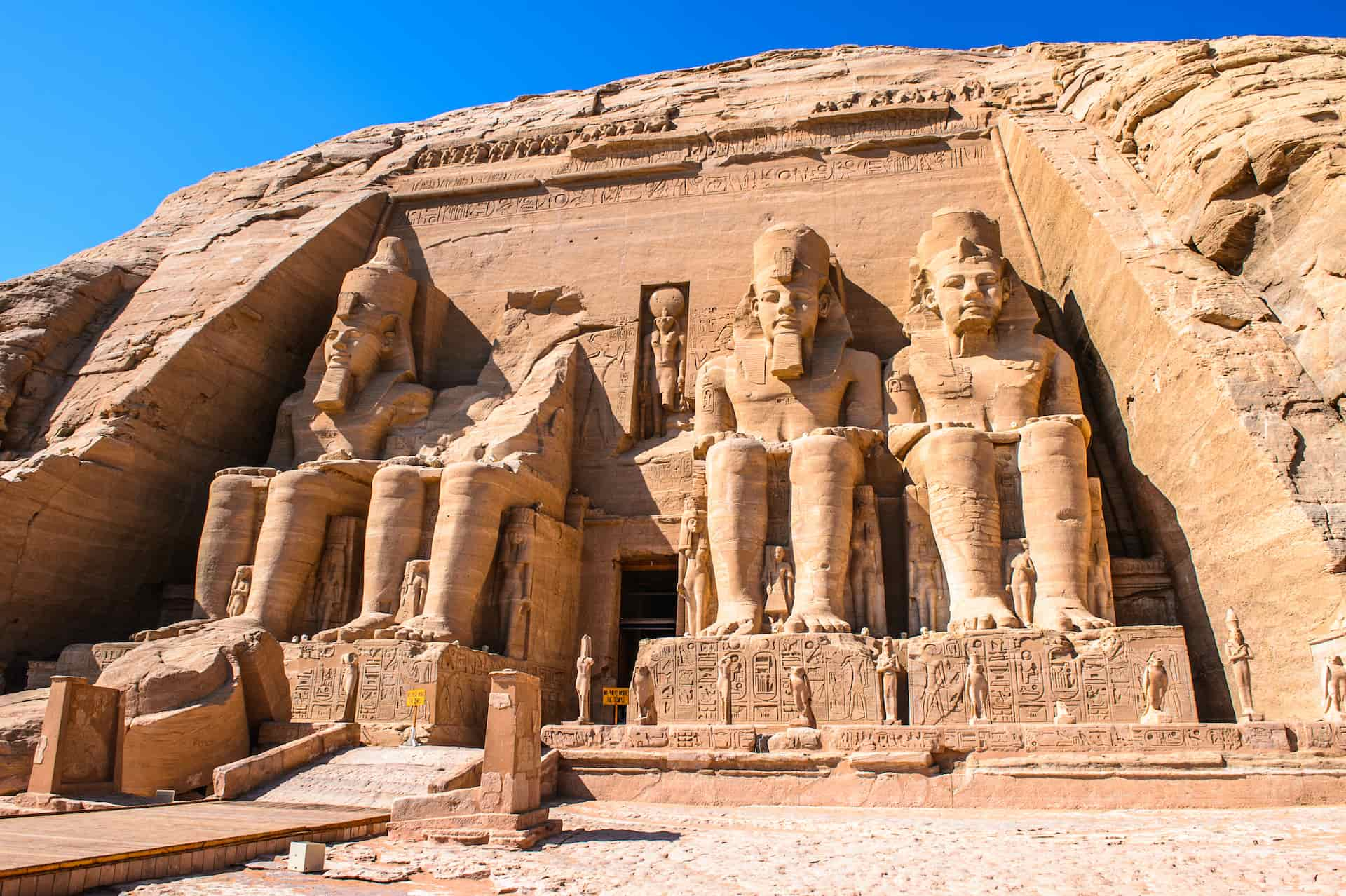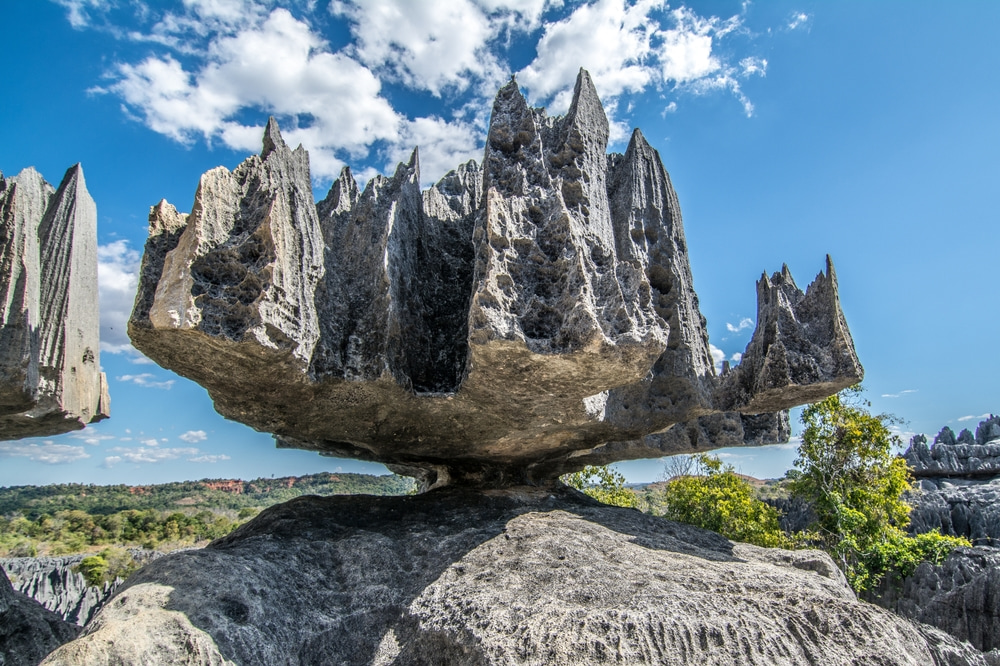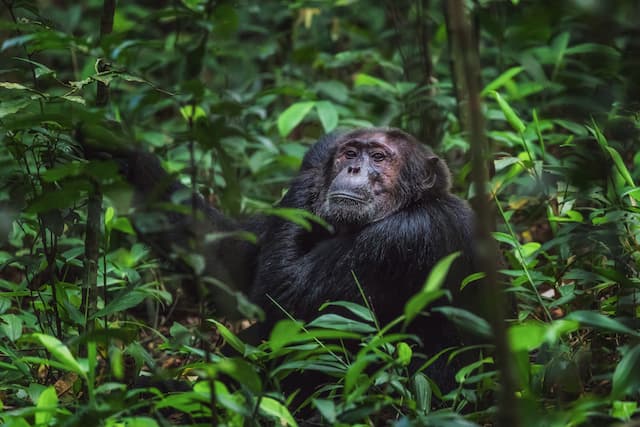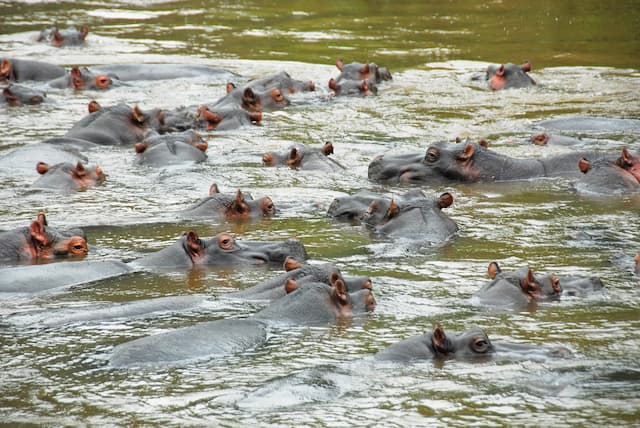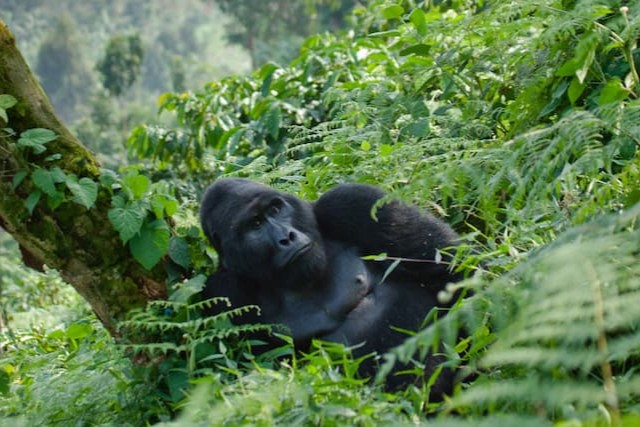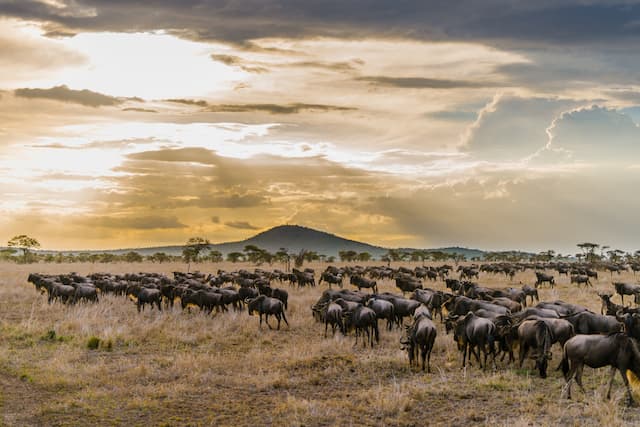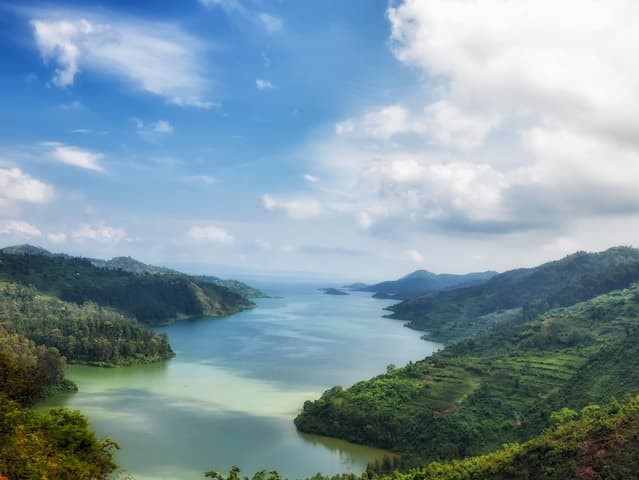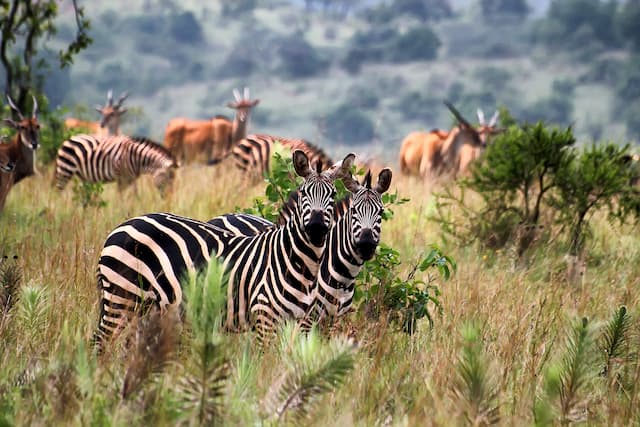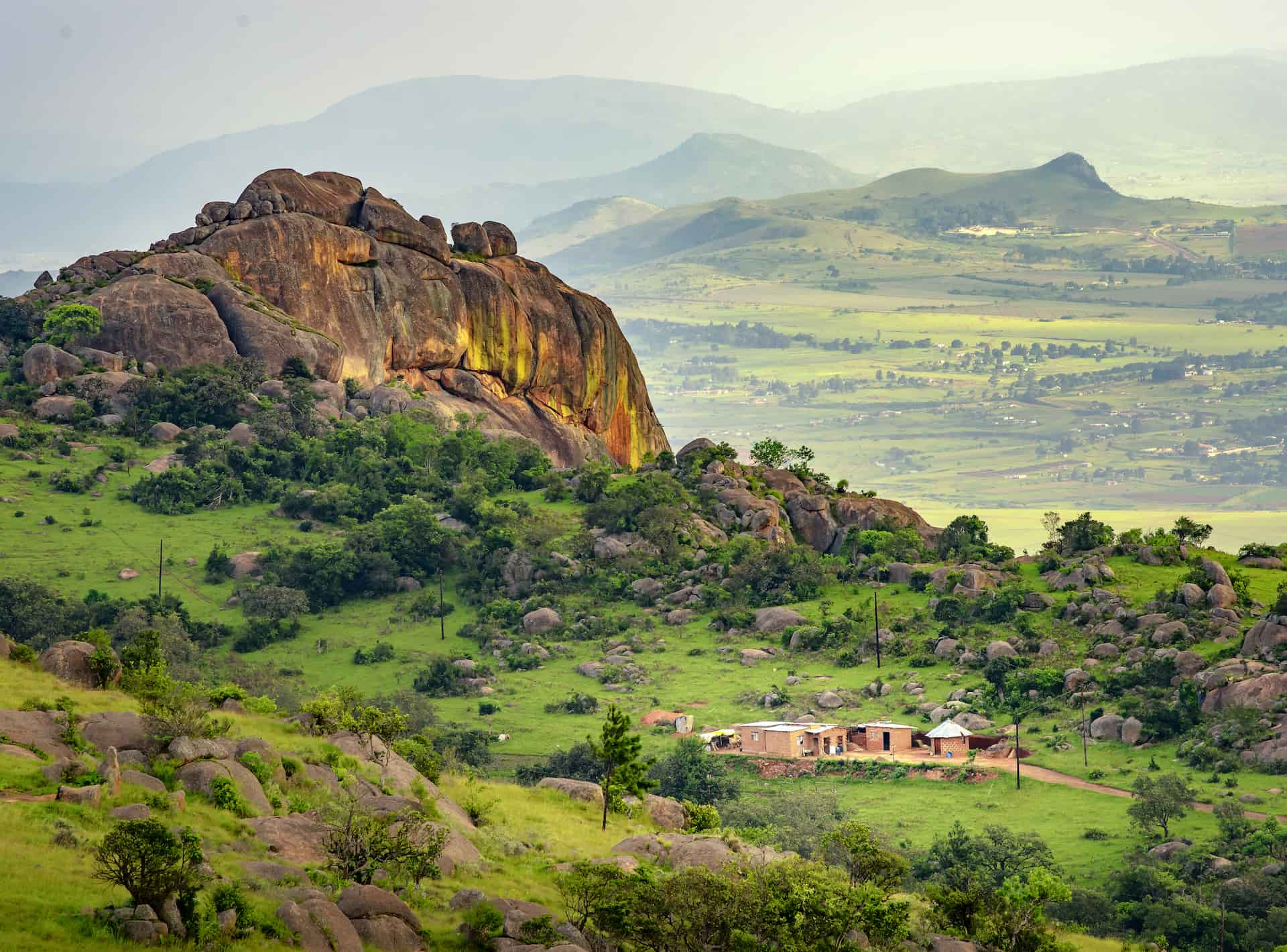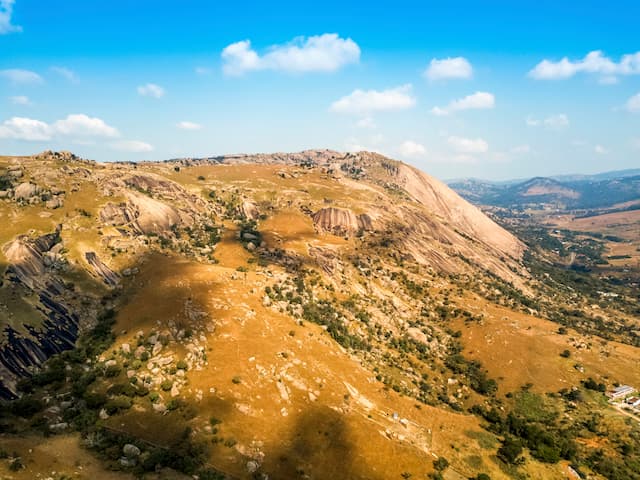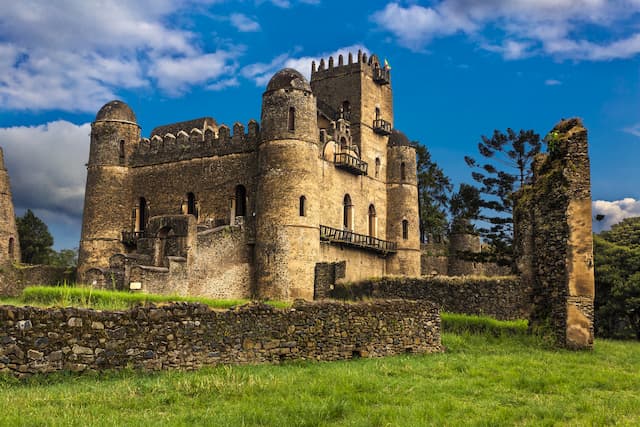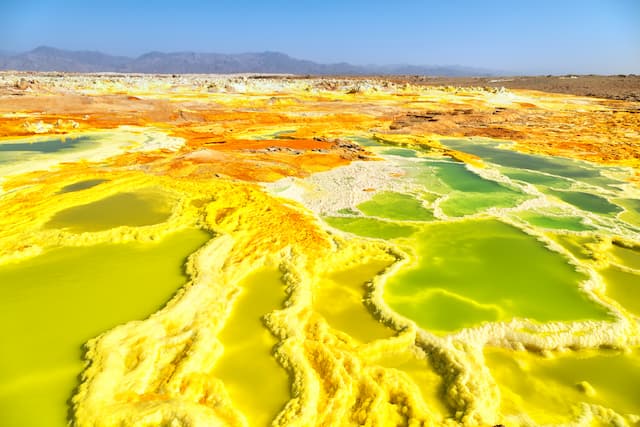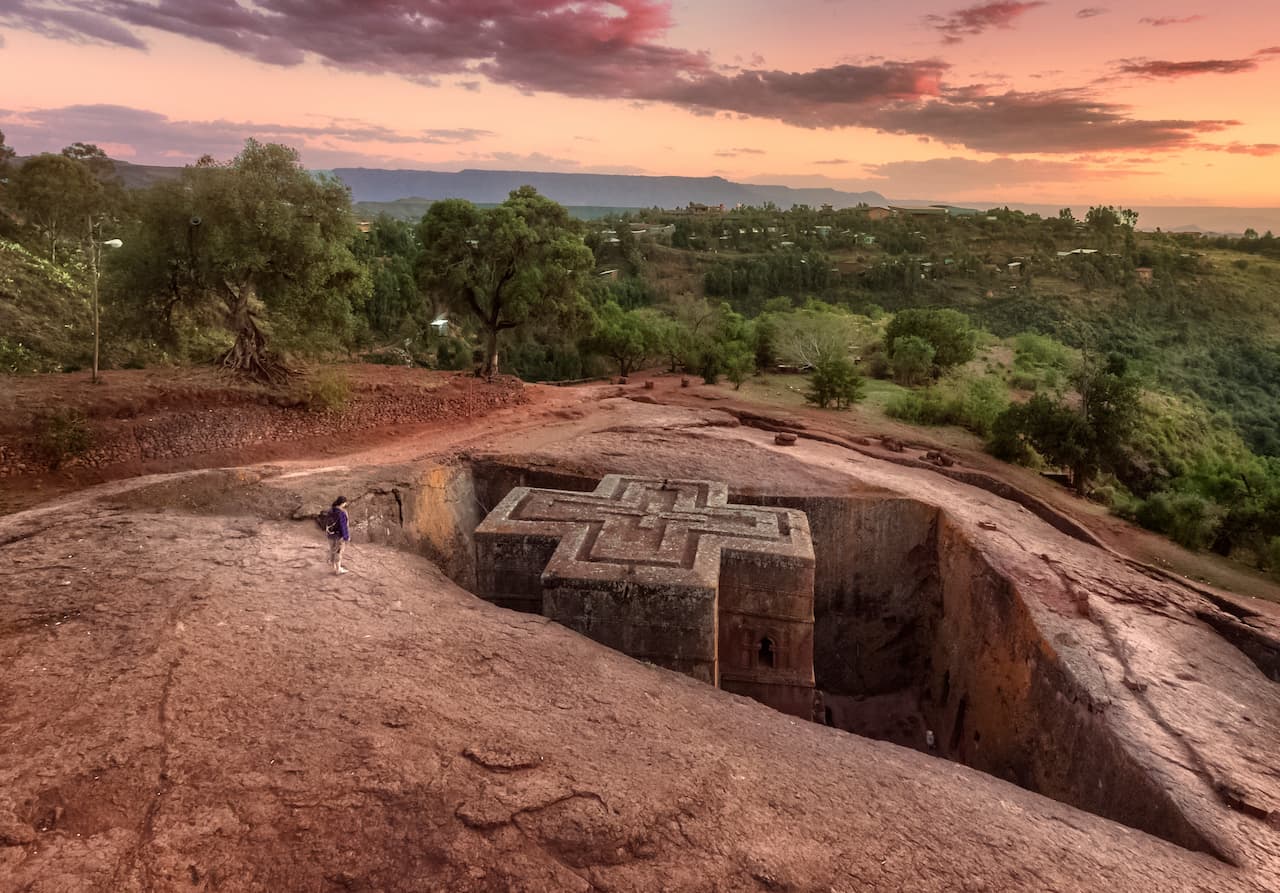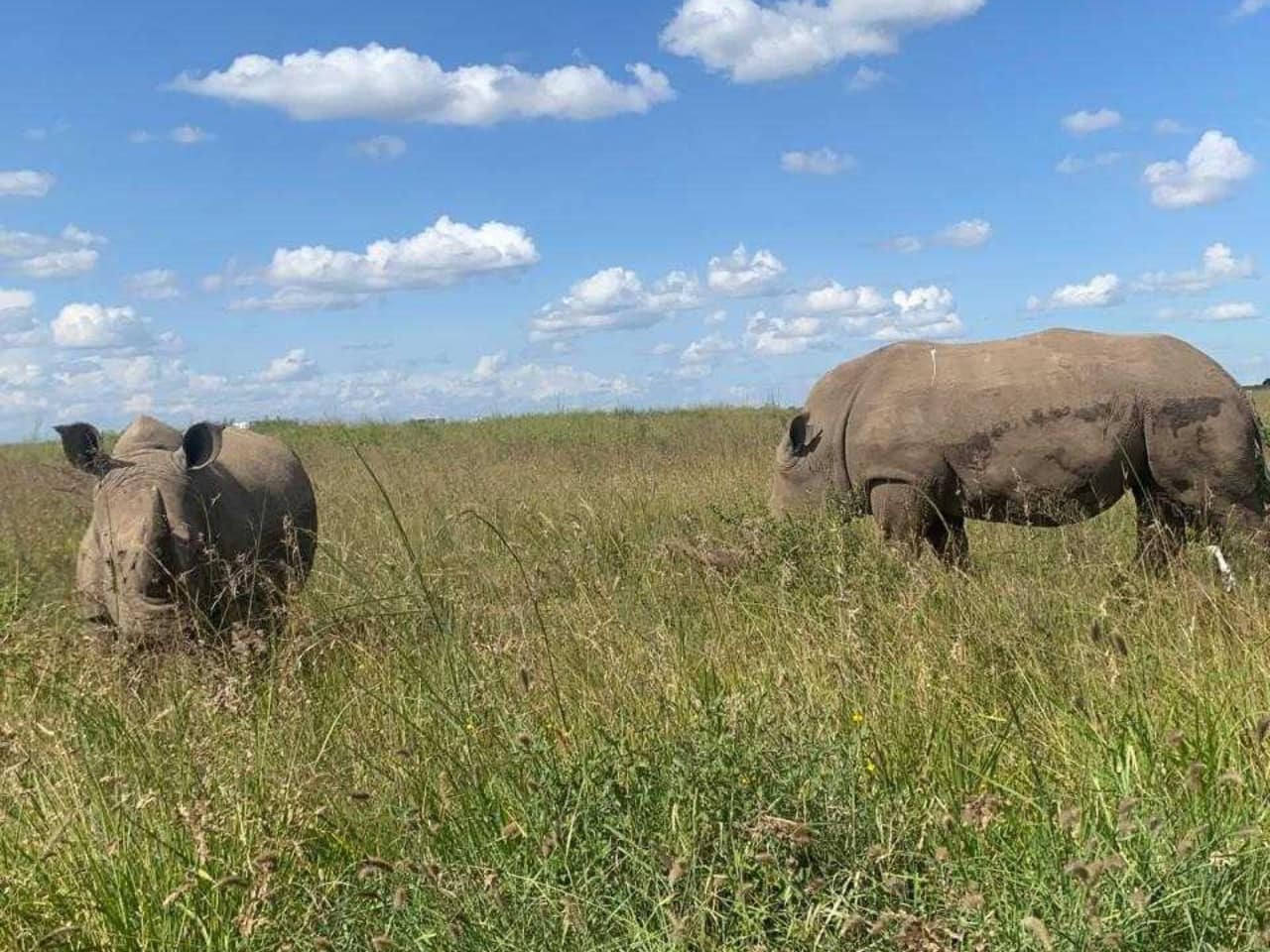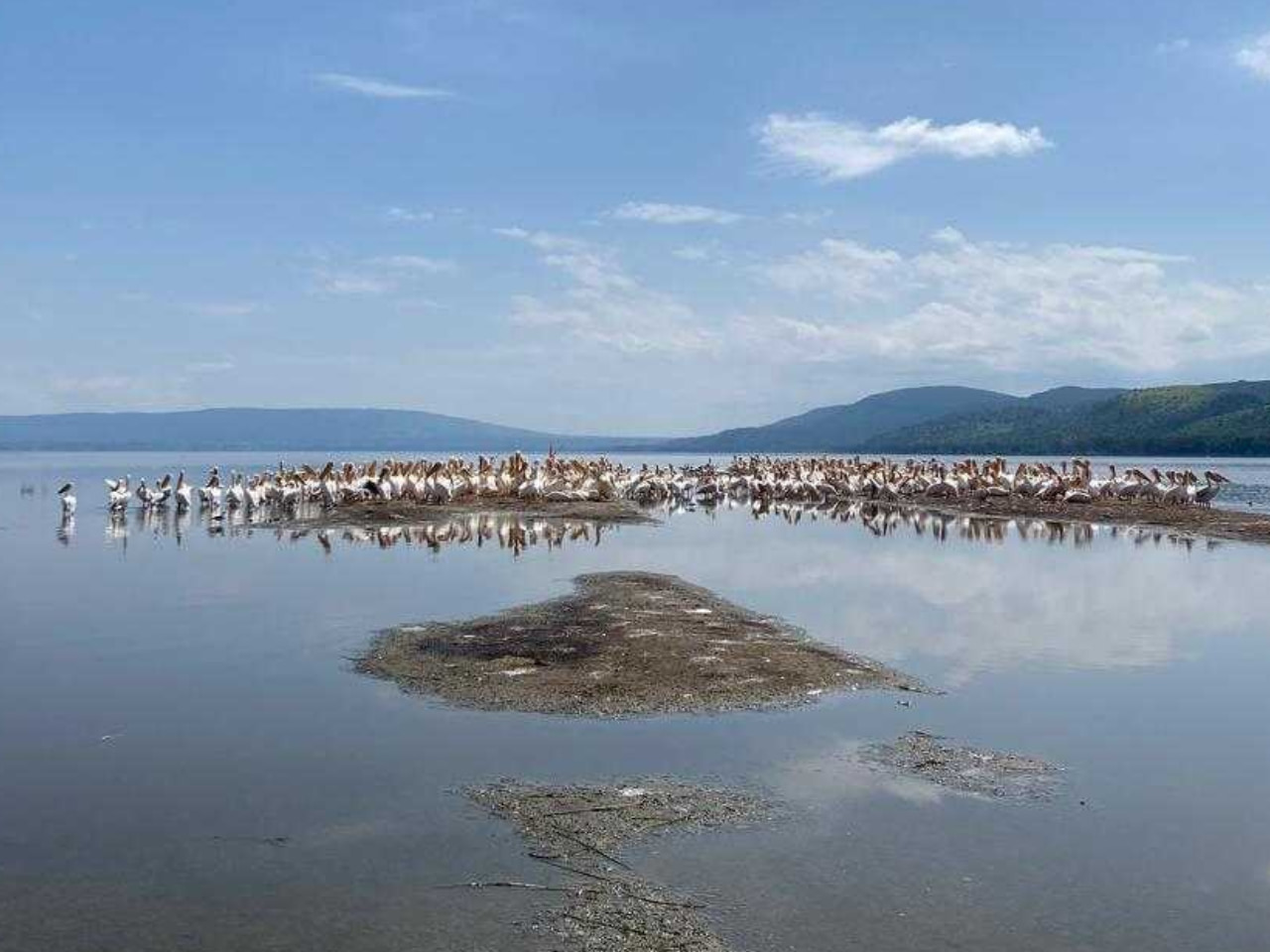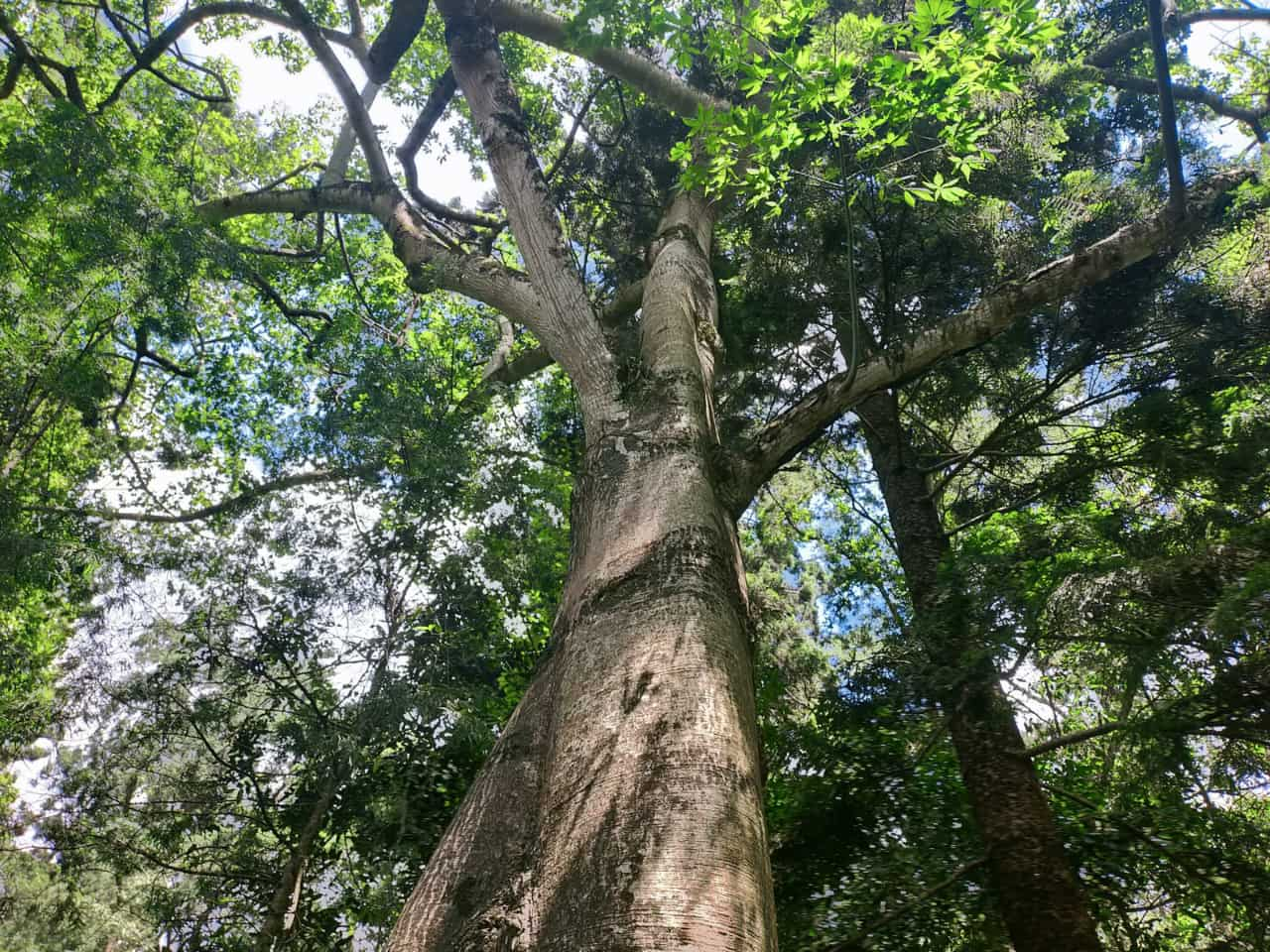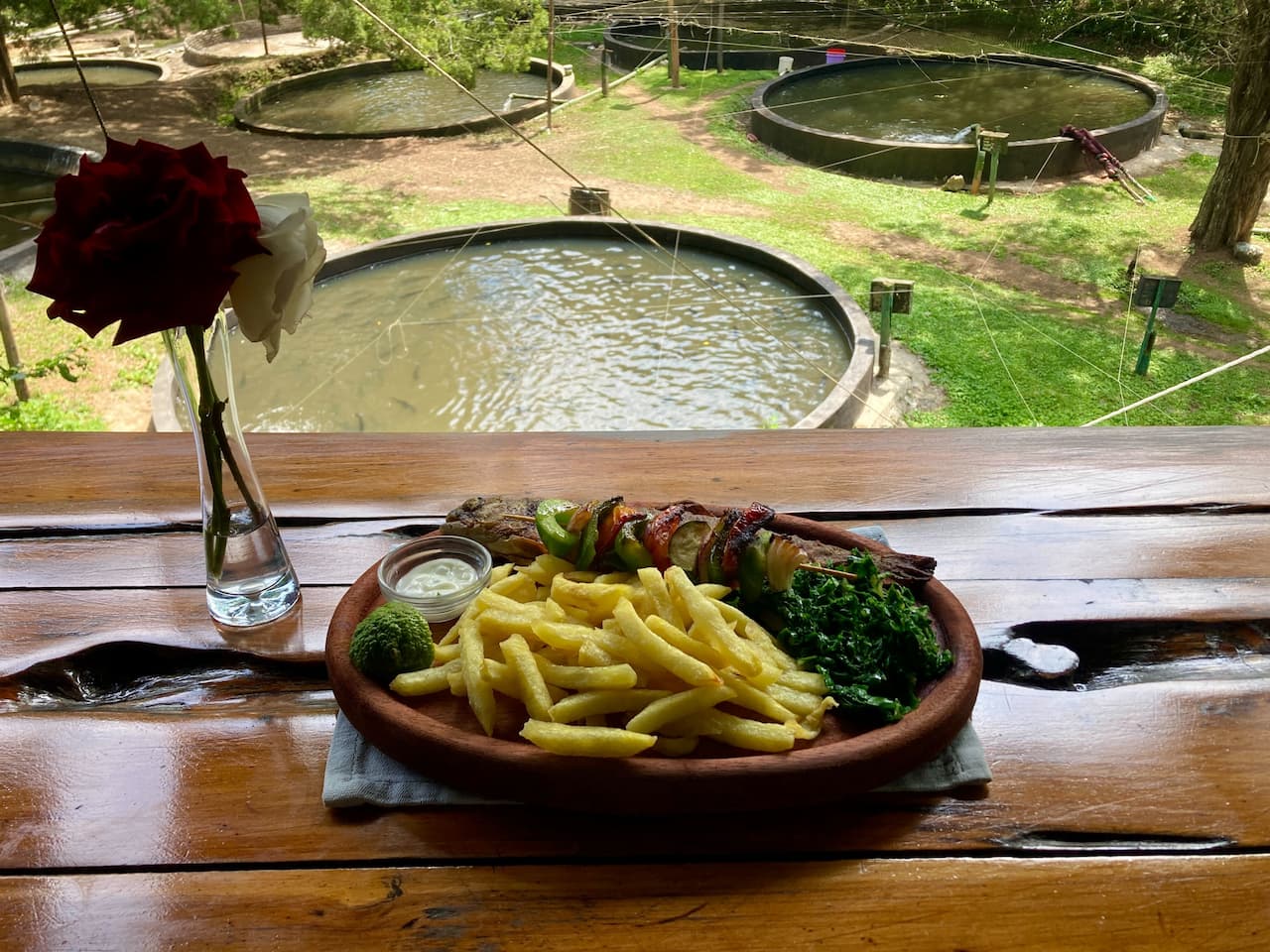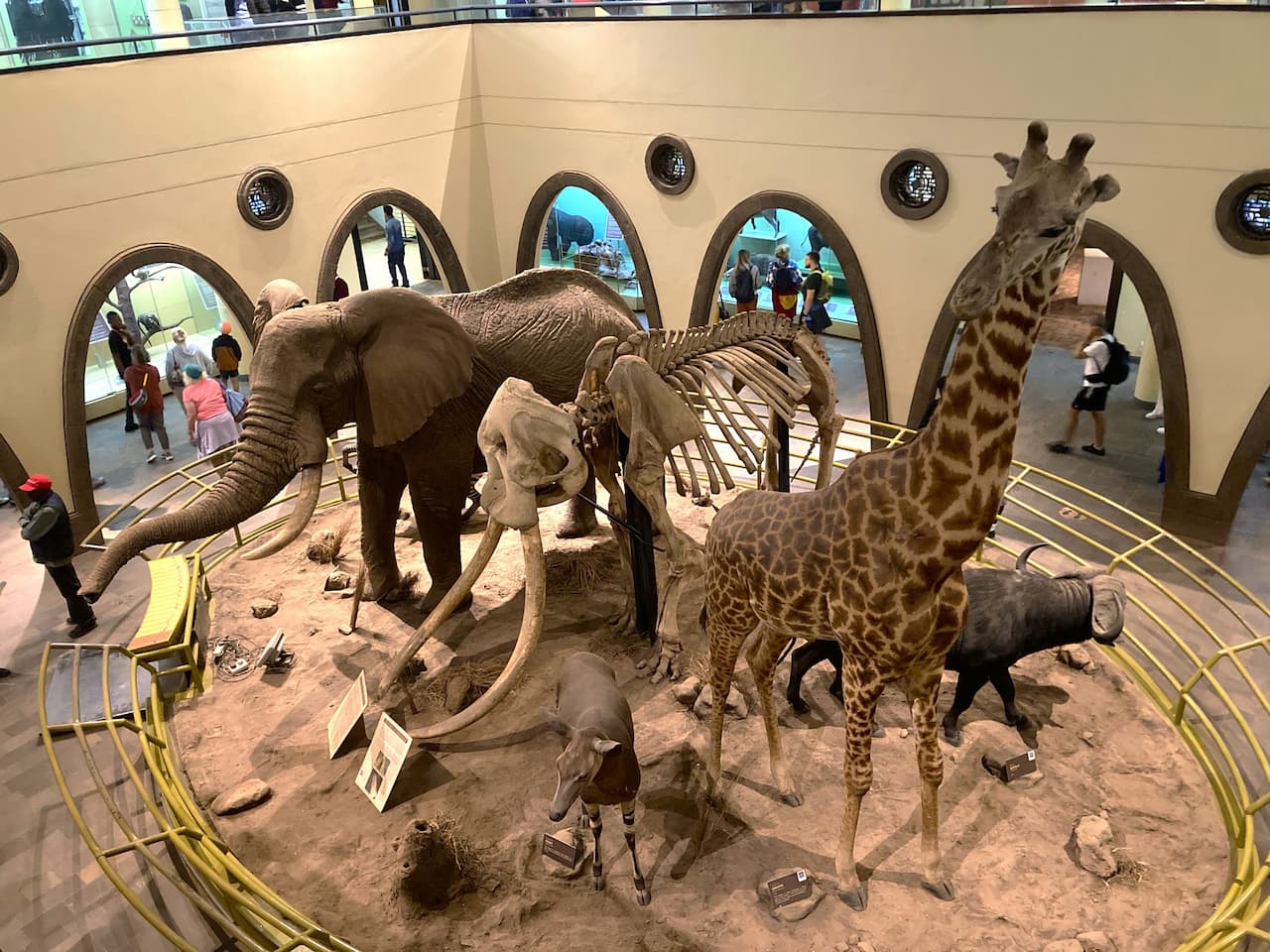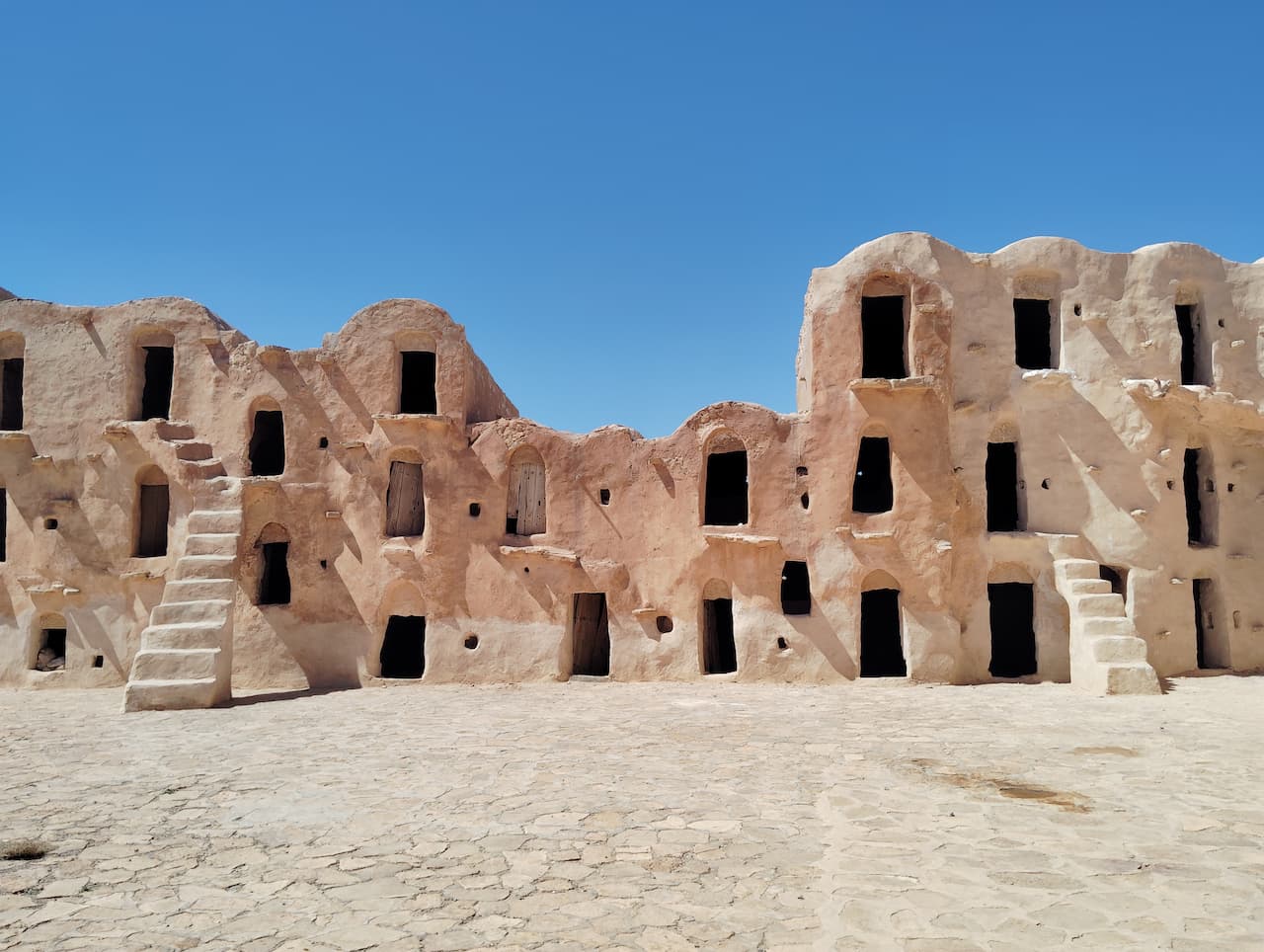Kibale National Park is a nature reserve centered on tropical rainforest, located in the western part of Uganda in East Africa. Covering approximately 795 square kilometers, it is renowned as one of the country’s most biodiverse areas.
The park is globally famous for being a habitat for chimpanzees. Home to approximately 1,500 wild chimpanzees, it is recognized as one of the world’s premier locations for chimpanzee observation. Visitors have the rare opportunity to trek through the forest with a guide and observe these wild primates up close.
In addition, Kibale National Park is a unique site where not only chimpanzees but a total of 13 primate species reside. Visitors can observe a variety of primates, including the red-haired red colobus monkey, the distinctive black-and-white colobus, mona monkeys, and mangabeys. This rarity compared to other regions in Africa is a major draw for both ecologists and wildlife enthusiasts.
Furthermore, Kibale National Park is renowned as a birdwatching haven. Over 370 bird species have been recorded in the park, including the African eagle-owl, the great hornbill, and the blue turaco, making it an ideal destination for birdwatching enthusiasts who can enjoy its colorful and captivating avian life.
The park’s terrain is a maze of hills and valleys that creates a varied natural environment, including tropical rainforests, wetlands, grasslands, and even crater lakes. Particularly notable is the Bigodi Wetland Sanctuary adjacent to the park, which is celebrated as a model for ecotourism. Many local residents work as guides, earning their livelihood by leading visitors through the area. In the wetlands, not only birds but also antelope and rare plant species can be observed, exemplifying the successful coexistence of ecosystem conservation and community development.
The most popular activity during a visit to Kibale National Park is chimpanzee trekking. However, due to environmental protection considerations, the number of participants is limited and advance reservations are required. During the trek, expert guides accompany visitors and enforce strict rules to maintain a safe distance from the animals and prevent direct contact.
Tourism has a significant positive impact on the local economy. Local residents benefit not only from tourism revenue but also from a heightened understanding and cooperation in park conservation. On the other hand, pressures such as deforestation and the expansion of agricultural land pose challenges to balancing nature conservation with economic interests.
Furthermore, the park has long served as an important research hub for primates. In particular, studies on the ecology and behavior of chimpanzees have advanced significantly, earning global recognition for their findings. Collaborations with research institutions and international conservation organizations have also spurred active conservation initiatives and educational programs.
Kibale National Park is located roughly a five-hour drive from Uganda’s capital, Kampala, and is in close proximity to other famous tourist attractions such as the Rwenzori Mountains and Queen Elizabeth National Park. This arrangement allows tourists to combine multiple destinations in one trip, making the park a central cornerstone of Uganda’s tourism industry.
A visit to Kibale National Park offers the chance to immerse oneself in the mystical ambiance of the tropical rainforest while experiencing the vibrant pulse of Africa’s nature and wildlife up close. Its unique allure continues to captivate tourists from all over the world, and with ongoing conservation efforts, there is hope that this magnificent natural environment will be preserved for future generations.
